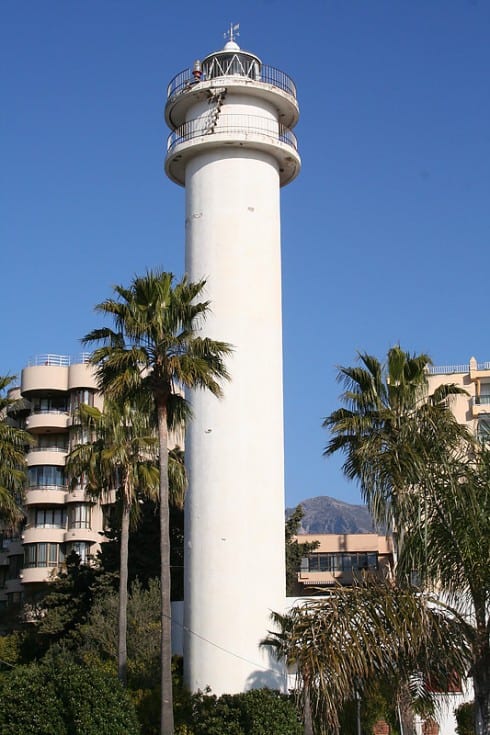 WHEN one thinks about litigation in Spain and the time it takes to get a case through the courts, we automatically think in terms of years, not months.
WHEN one thinks about litigation in Spain and the time it takes to get a case through the courts, we automatically think in terms of years, not months.
And yet we could all be very wrong if we are to believe the findings of the 2014 report issued by the supervisor for the judiciary, the General Council of Judicial Power (CGPJ).
According to the report published this year, court cases are taking months rather than years to be resolved.
This and other interesting ‘judicial’ data available online (ww.poderjucial.es) can be summed up in the length of my column:
- Courts issued rulings in the following average time:
o Civil cases: 7.6 months
o Civil appeal cases: 7.5 months
o Divorce mutually consented: 1.9 months
o Divorce not mutually consented: 9.5 months
- Foreclosure proceedings are a different story: on average, it took the courts 28 months to finalize these cases.
- Percentage of rulings that are appealed:
o Courts of First Instance rulings: 11.7%
o Appeal Court rulings: 4.8%
- Ratio of court rulings upheld vs. reversed on appeal:
o Upheld: 63.6%
o Reversed: 19.5%
o Partially reversed: 16.0%
- Number of court cases in a year: In all of Spain, last year just over 8.6 million court cases were filed, around 8.8 million were finalized and just over 1.6 million rulings were passed. Andalucia is the most belligerent regional community in 2014, with 230 court cases per 1,000 inhabitants. The least is La Rioja, with 136 (wine must have had something to do with it!)
- Number of cases per court: On average, 1,669 cases per year.
- Number of complaints: In 2014, approximately 16,000 complaints were lodged in relation to the dispensation of justice. Of these, 200 complaints were received in the Law Societies.
- Compensation granted for courts responsibility for defective operation: in 2014, approximately €6 million were awarded in compensation for defective or dysfunctional dispensation of justice.
9. Money lodged within Courts’ bank accounts: during 2014, Santander bank (officially appointed by the Spanish judiciary) had an average balance in its accounts of €3.4 billion.
Click here to read more News from The Olive Press.









Never mind how long a case takes to get to court, try getting rid of the corrupt judges and prison sentences for those who bribe the judges – speaking from personal experience. Also remove all those judges who come from the old Fascist families – which means 95% in places like Galicia.